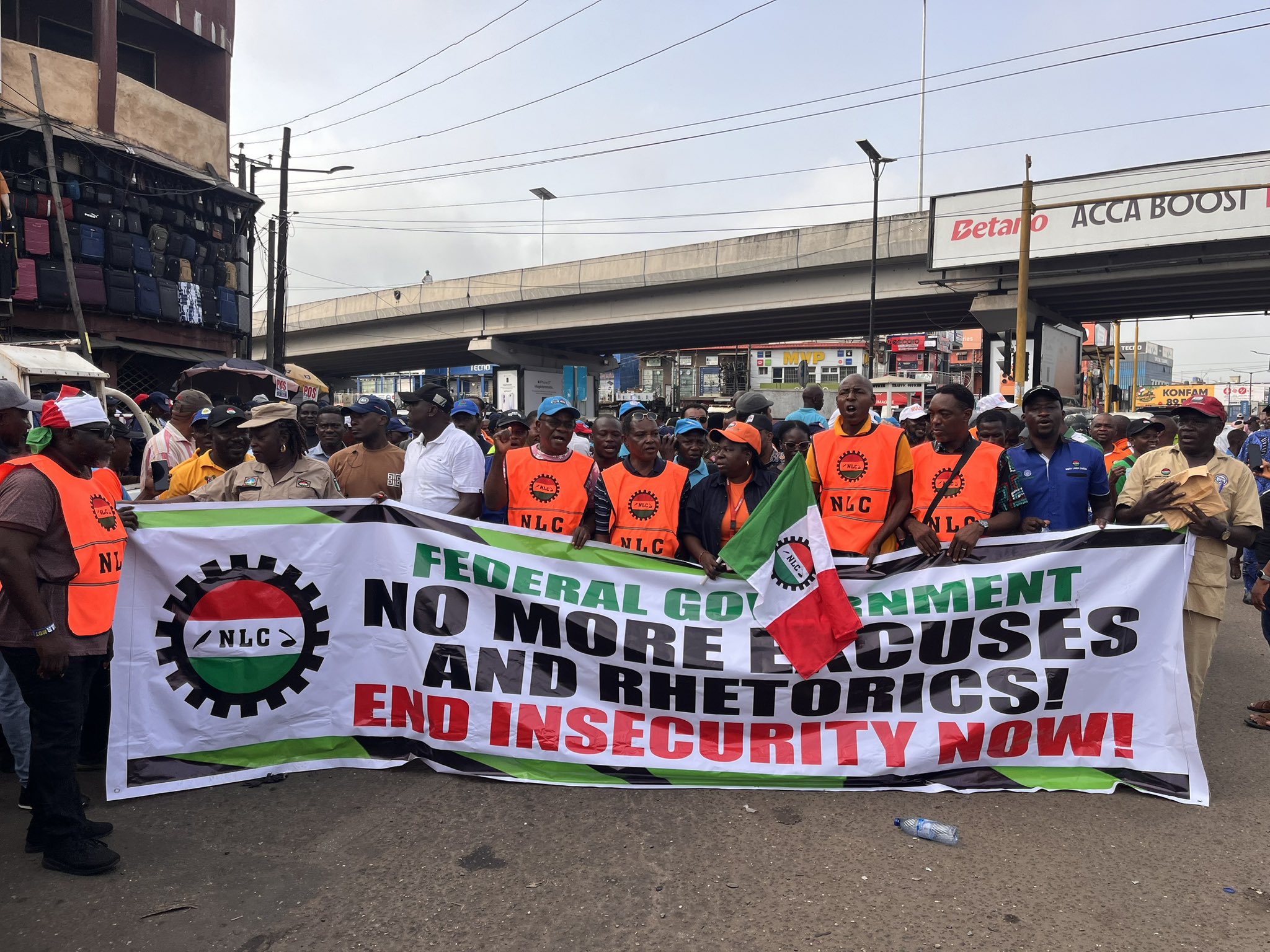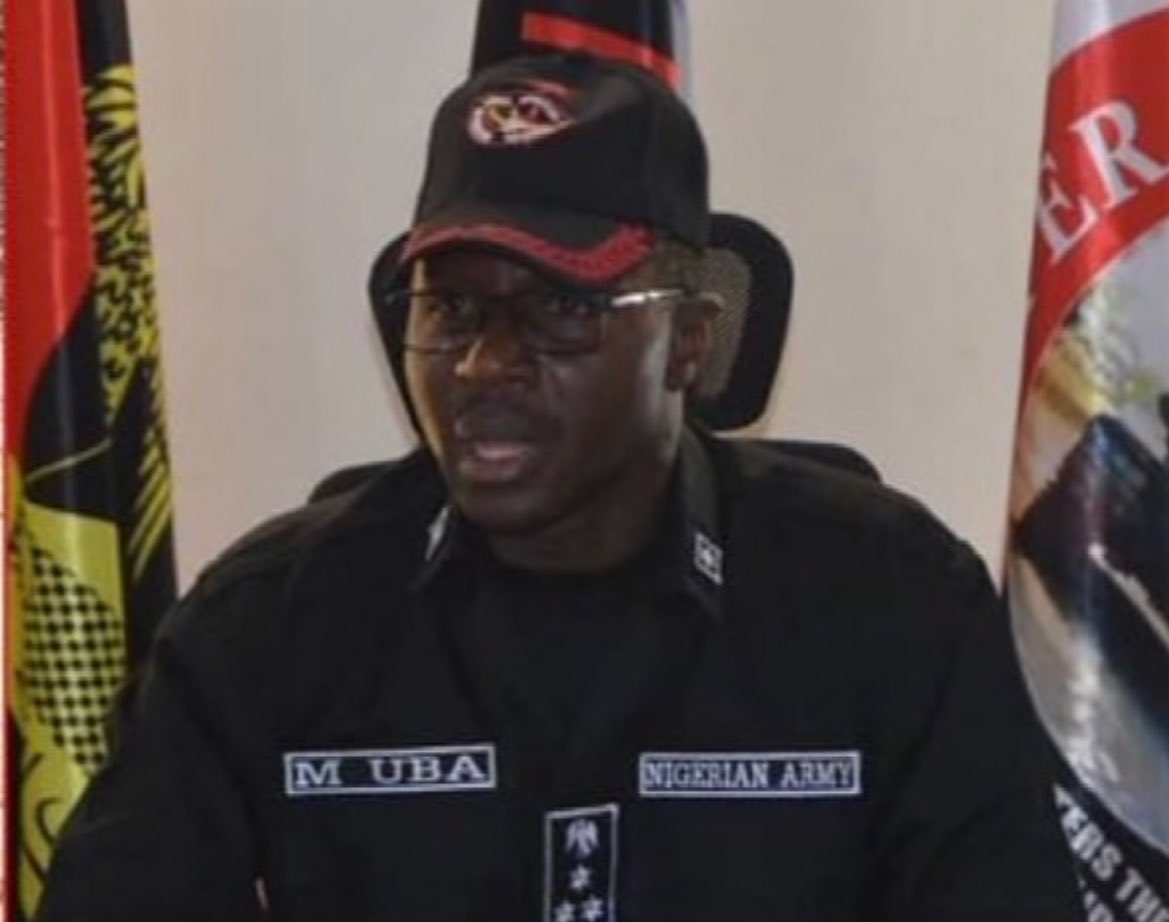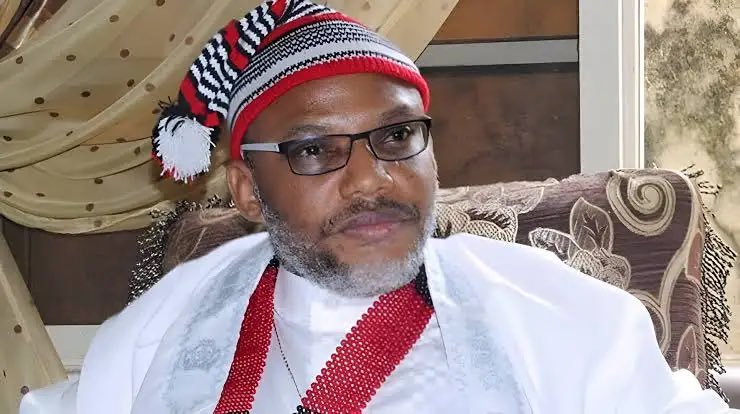Nigeria – Fuel price subsidy removal: the pullback begins
Published on 2022 January 24, Monday Back to articles
Nigerians protest against the removal of fuel subsidies
With the Nigerian Labour Congress (NLC) trade union federation threatening large nationwide protest just as the election campaign is about to begin, the government has pulled back from its original plan to remove subsidies on fuel prices this year. The process to reverse the policy — which, if implemented, would have been one of Buhari’s most significant strategies — started from unfamiliar quarters.
Senate president, Ahmed Lawan was the first to give some indication that Buhari was having a rethink about the policy. After visiting the presidential villa on 19 January he told the media that Buhari had no plans to remove the fuel subsidies. He had apparently gone to brief Buhari on his constituents’ concerns about the policy because they cannot bear the additional economic burden which would result from the decision if it was implemented at a time when living standards are being severely squeezed.
Lawan — who has touted the new Petroleum Industry Act (PIA) as the signpost legislation of the administration and the presidency — appears to have forgotten that one of its principal provisions is that petrol should only be sold at ‘market-determined prices.’
The fear of this week’s planned protests by the trade unions is, however, forcing the government to soft-pedal on its position. On 22 January the Trade Union Congress, which is affiliated to the NLC, met and ordered its members across the country to prepare for strike action. The TUC insisted that the government must revitalise the four state-owned refineries and build new ones before they remove the fuel subsidies.
The NLC had previously also insisted that the planned action will go ahead between 27 January and 1 February which will put further pressure on the government. The expectation is that there will be talks this week to ensure that the protests do not take place. The administration realises that it cannot afford any protests in a pre-election year even though the cost of not removing the subsidies could rise as high as ₦3,000 billion (US$7.22 billion) this year and exacerbate Nigeria’s financial situation.
A divided house in government
There is an emerging division within the government about whether the decision to remove the subsidies should go ahead in the face of the protests. Those who insist that the economic burden of subsidising the cost of fuel is no longer affordable and that the government cannot delay the decision, include: the Minister of State for Petroleum, Timipre Sylva; the NNPC’s Group Managing Director, Mele Kyari; and the Minister of Finance Zainab Ahmed.
Other ministers in Buhari’s cabinet believe it is too politically risky to remove the subsidies at this time. They would rather that Buhari holds off until next year after the elections are out of the way before going ahead with the decision. For this camp, another year of subsidies would not harm Nigeria’s future while their removal could kill their political careers.
On the other hand, the state governors want the subsidies removed but are too scared to say so publicly. On 21 November a committee — established by the Nigerian Governor’s Forum and headed by Kaduna State’s Nasir el-Rufai — submitted its report which has been seen by Menas Associates and puts the monthly cost of the subsidies at ₦250 billion (US$601 million) that month. The committee recommended that the minimum price of petrol should be around ₦302 (US$0.73) per litre and revealed that the NNPC has not been able to meet its commitment to the Federation Account because of the costs of the subsidies.
For political reasons, however, none of the governors except el-Rufai has been willing to openly advocate the removal. Under the umbrella of the National Economic Council (NEC) which is chaired by Vice President Yemi Osinbajo, the governors met on 21 January. Part of the discussions centred on the el-Rufai report but the meeting’s communique did not mention the report’s recommendation.
Menas Associates has been told by sources who are close to Osinbajo — who is known to be nursing an ambition to succeed Buhari in 2023 — that he is being careful not to be blamed for any subsidy removal. As head of the NEC there are concerns among those who want him to run for president that the removal of fuel subsidies will be blamed on him if this is the NEC recommendation.
However, it is not only Osinbajo that is afraid of being linked with the decision. Anyone with political ambitions is currently doing what they can to avoid the subsidy debate which is likely to dominate political discussions this week and, depending on how it is resolved, could shape the 2023 election race. The contest is too close to take a major gamble which is why senior APC officials want Buhari to defer the decision despite the huge financial cost.
Postscript: On 25 January it was reported that the government plans to amend its newly-signed Petroleum Industry Act (PIA) and will ask parliament for an 18-month extension to keep its long-standing regime of subsidising imported petrol.
This excerpt is taken from our Nigeria Politics & Security weekly intelligence report. Click here to receive a free sample copy. Contact info@menas.co.uk for subscription details.


